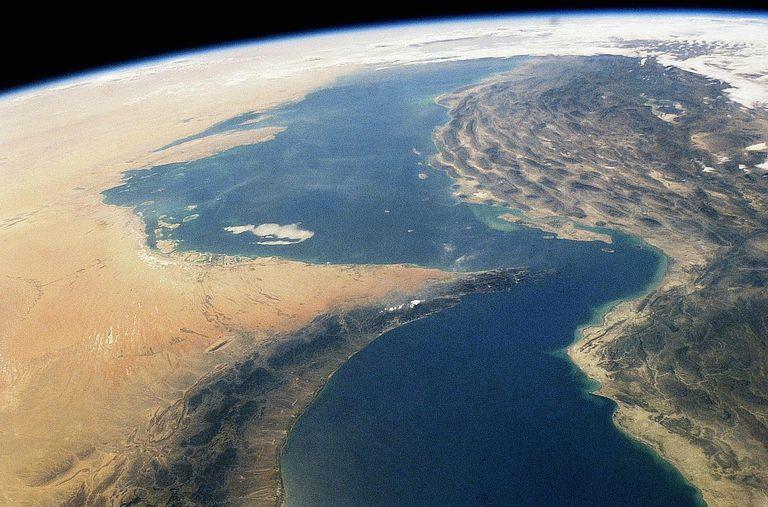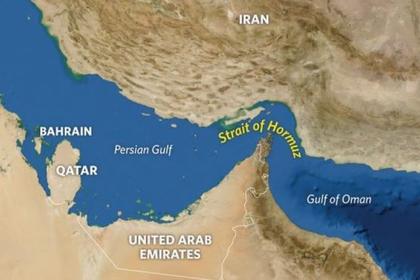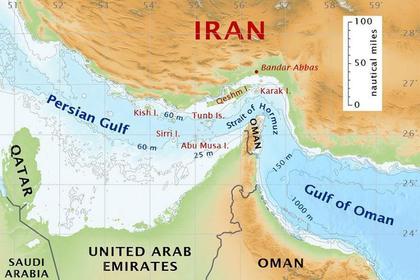
U.S., HORMUZ: HIGH PRICE

PLATTS - An international coalition to escort oil tankers through the Strait of Hormuz will not likely stop Iran's targeted vessel seizures and attacks in the world's top oil chokepoint, two former US officials said Tuesday.
Retired Marine Corps General James Cartwright said the US has been slow to build a coalition to increase shipping security through the Strait of Hormuz because potential partners have so many different interests, although the US has managed to reach such agreements in the past, including with China and Russia, to fight piracy.
Shipping risks through the Strait of Hormuz have climbed since Iran seized a UK-flagged chemical tanker and briefly detained a UK-owned VLCC on July 19. The incident followed tanker attacks in May and June.
Cartwright, former vice chairman of the Joint Chiefs of Staff during the Obama administration, said that while he expects the US to eventually announce a new maritime security coalition, he does not think it will deter the attacks.
"I think Iran will look at it as a successful cost imposition to the adversary," he said at an Atlantic Council event in Washington. "They're making all of the adversaries now rally forces, move them into the theater, put them at risk in the theater and pay for that presence at a very hefty price."
'NOT A COALITION TO ATTACK'
Cartwright said many potential members of the security initiative have likely predicated the talks on a "promise upfront that it's not a coalition to attack" Iran if tensions spike.
"How long can they nibble at probing, small actions to keep those people there and tied up?" he said, referring to Iran. "I don't think they look at it as, 'This is a potential that overnight it could swing to an attack on us.' That coalition is too fractured that way."
Dov Zakheim, former under secretary of defense in the George W. Bush administration, said Iran's Islamic Revolutionary Guard Corps seized the UK-flagged chemical tanker despite a British warship being in the vicinity.
"There was a destroyer there," Zakheim said. "The destroyer told them to stop. They didn't. So that's another element of it -- they may not stop anyway."
The US military and Department of State have for weeks been trying to build a coalition called Operation Sentinel to share the burden of protecting oil and other commercial shipments through the Strait of Hormuz.
And yet President Donald Trump has questioned the US role in policing the oil chokepoint, arguing the expensive military presence benefits "very rich" Middle East exporters and Asian importers when the US no longer needs the oil.
About 17.3 million b/d of crude and 3.3 million b/d of refined products flowed through the Strait of Hormuz in 2018, or the equivalent of about 21% of global petroleum liquids consumption, according to the US Energy Information Administration.
The escalating tensions have forced Asian refiners and shipowners to weigh alternative crude sources, deploy contingency plans and boost safety measures for navigation along Iran's coastal areas.
-----
Earlier:












